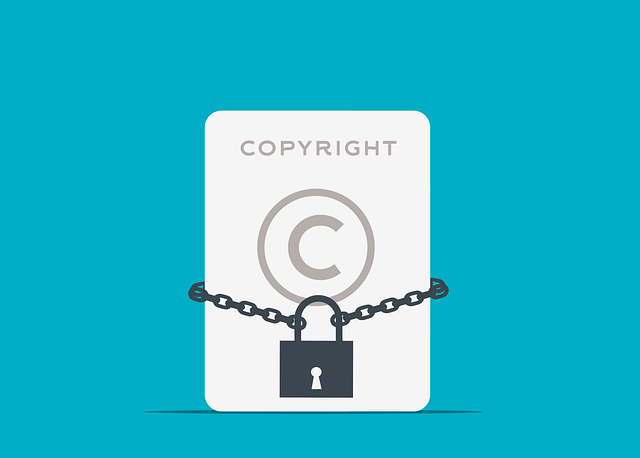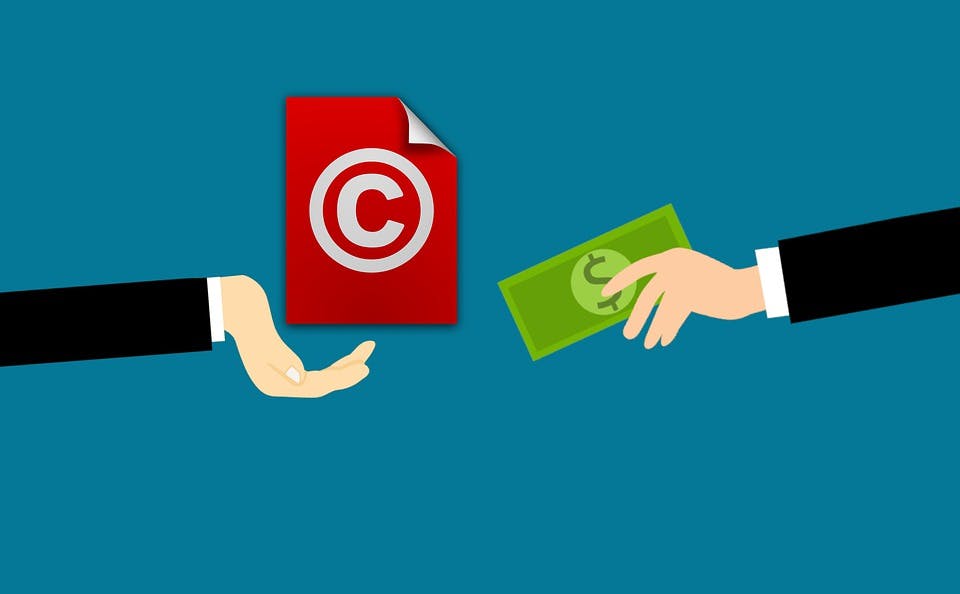Article
Intellectual Property Protection in Iceland
As with many other laws, Iceland has simply followed the European model for the legal protection of intellectual property rights (IPR). Iceland has signed the Paris Convention for the Protection of Industrial Property, which means that companies operating in Iceland that have registered their patents and trade marks in Iceland enjoy the same protection as in any other country. Other important agreements to which Iceland is a party are the European Patent Convention of 1973 and the Patent Co-operation Treaty (PCT, 2005). All of this bodes well for companies and individuals of Icelandic or foreign origin who push ahead with their innovations and discoveries in the hope that they will not be copied or imitated.

The Icelandic Patent Office is the Nodal Agency
The Ministry of Education, Science and Culture of the Icelandic government is responsible for the protection of intellectual property rights and administers them through the Icelandic Patent Office. Iceland has to contend with copyright infringements, particularly due to imported counterfeit goods. These are mostly ordered online by Icelanders and delivered to them. The government has no direct way of stopping them unless customs officials have been informed in advance and a complaint has been registered with them. Then the counterfeit goods can be confiscated and action taken. Again, the scope for criminal action is limited as importing for personal use is not considered illegal. If someone attempts to import such counterfeit products with the intention of selling them to others in Iceland, then this is illegal. As a signatory to the World Trade Organisation (WTO), Iceland must comply with the trade-related aspects of intellectual property rights (TRIPS).
Technology-intensive industries such as IT and fishing technology will benefit immensely from intellectual property laws and the way patents and trade marks are protected in Iceland.
The World Intellectual Property Organisation (WIPO) has an Icelandic chapter, the Icelandic Intellectual Property Office (IIPO). Any party that has been harmed because their products have been counterfeited and sold in Iceland can contact the IIPO in the capital Reykjavik and action will be taken.

Statistics on IP and Patent Applications in Iceland
WIPO maintains country-specific statistics on the number of intellectual property applications in Iceland on its website. According to these charts, around 3,100 IP rights were registered in the ten-year period 2009-2018. This means an average of 310 applications per year. This figure includes applications by resident Icelanders and persons registered abroad. The figures for patent applications by Icelandic residents totalled 906 in the ten-year period; 132 patents were filed by non-Icelandic residents and 2192 patents were registered abroad. There are similar figures for trade mark registrations and registered designs.
These figures show that there is a strong patent and trade mark law in Iceland, which is fully utilised by individuals and industry.
Some Basic Definitions You Should Know
When discussing the legal framework for patents and trade marks in Iceland, it may be important to understand the different terminologies used in this context. Patents are usually applied for in three ways: for designs, utility models and plants. Some people confuse patents with copyrights. Copyrights are associated with things like literature, software, art and so on. Only in rare cases do these two terms overlap.
And then there are the brands. Trade marks refer to logos, symbols, even phrases and words used in connection with certain products or brands. If there are two applicants for the same logo or brand name, the authority registering the trade mark will consider the chronological order of use of the mark before deciding in favour of one and against the other. There are cases where someone owns a brand name but has not officially registered it or used it for day-to-day business. In such cases, the person who has used the trade mark extensively and applied for registration will be favoured.
For any assistance in Iceland, contact Swapp Agency.